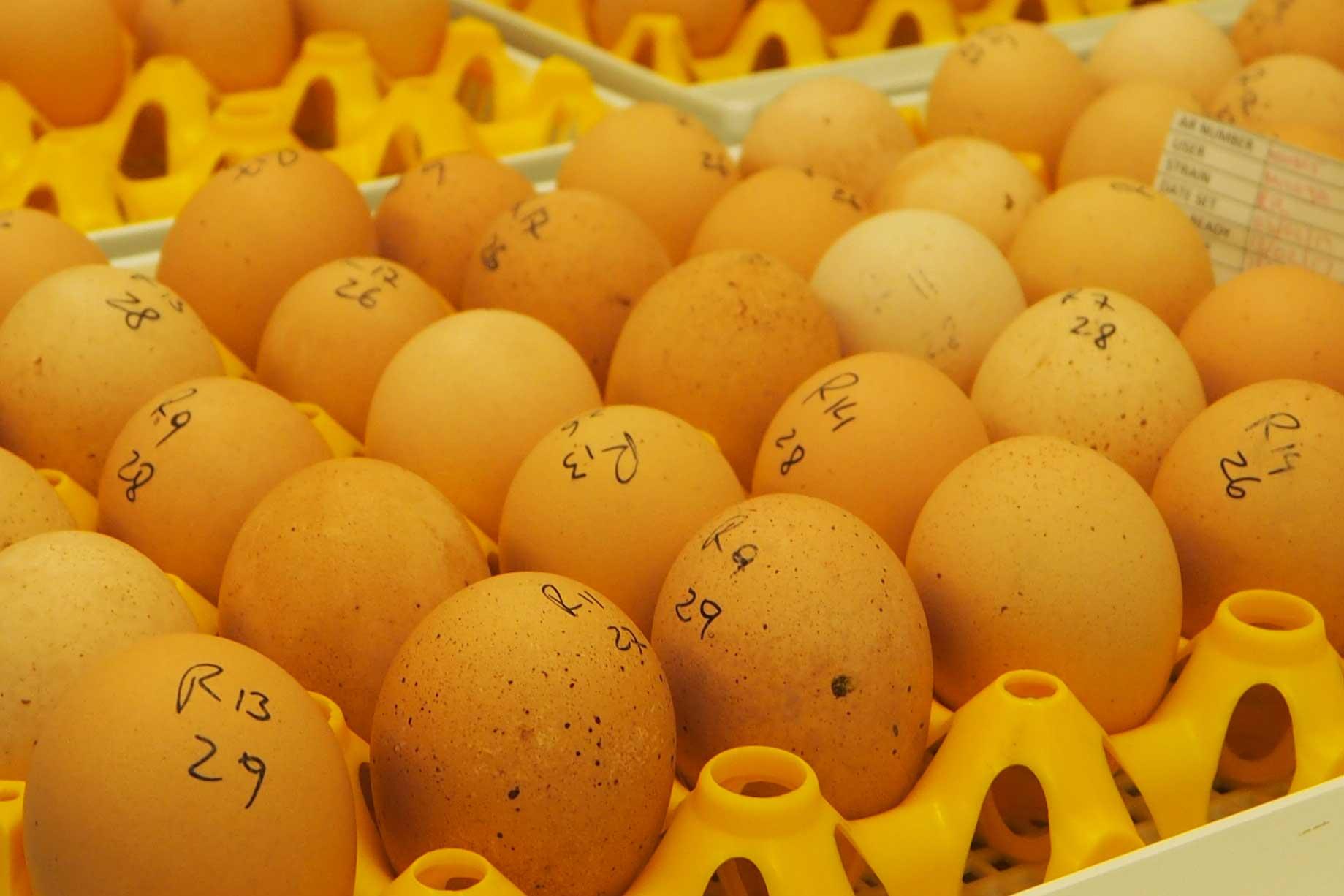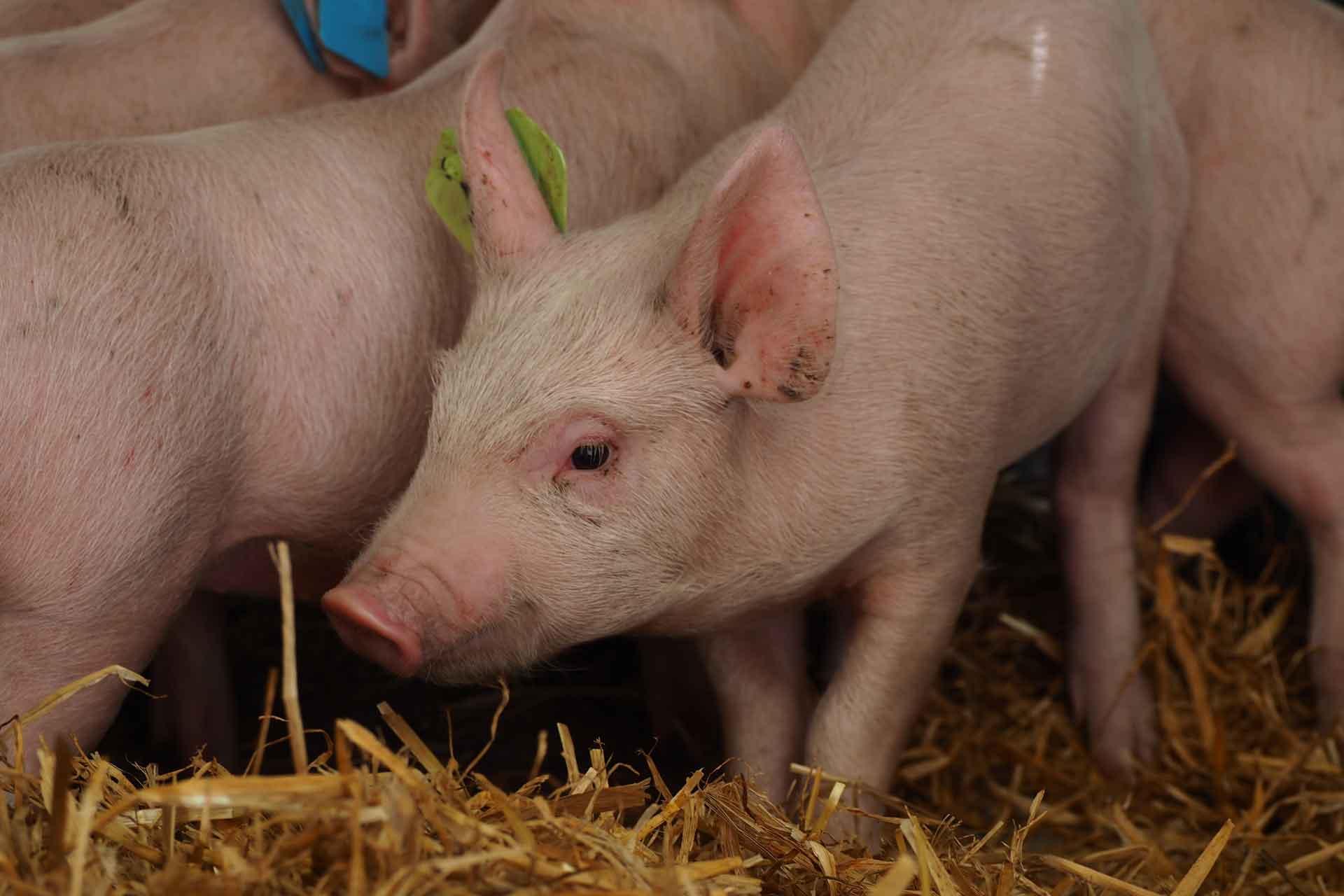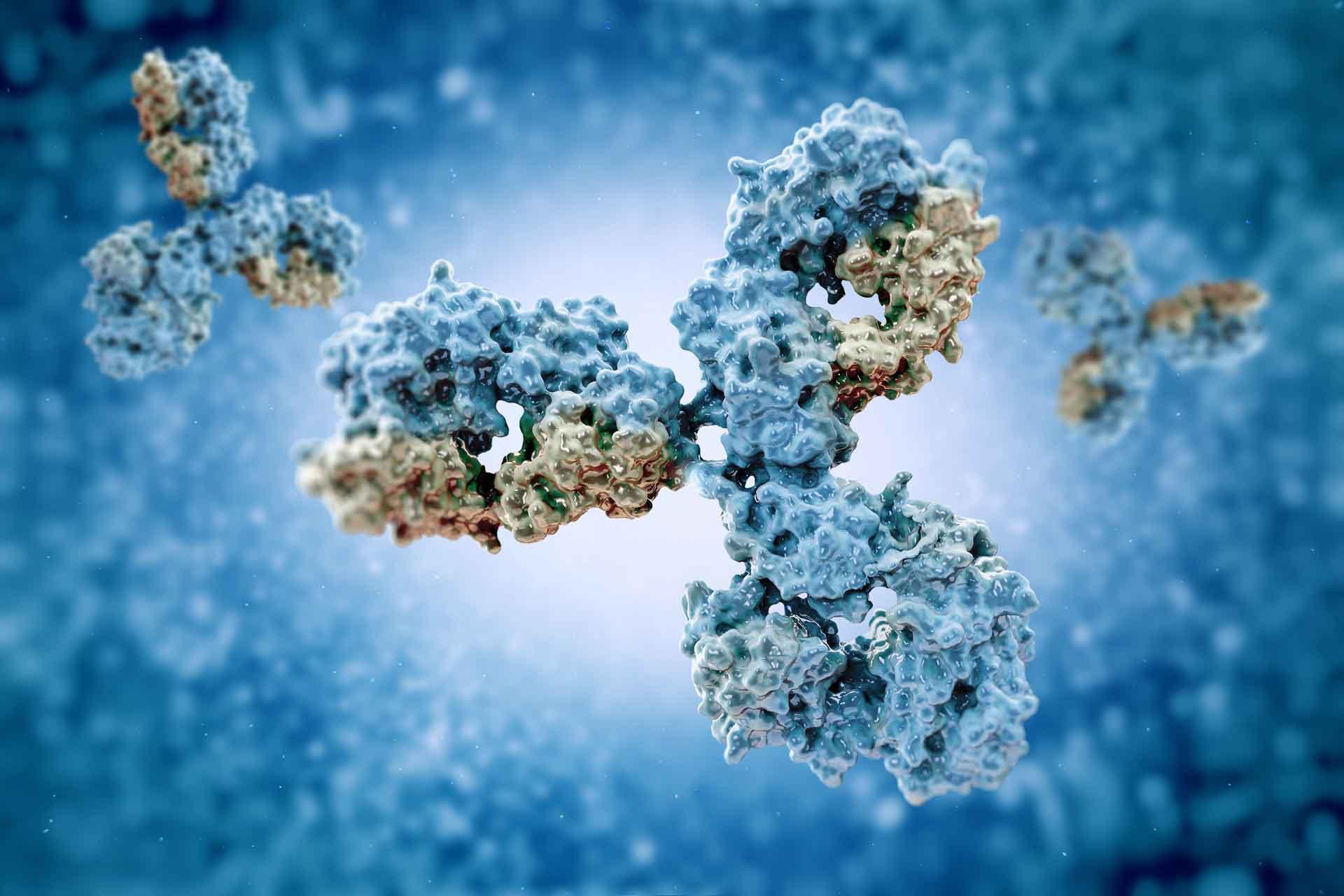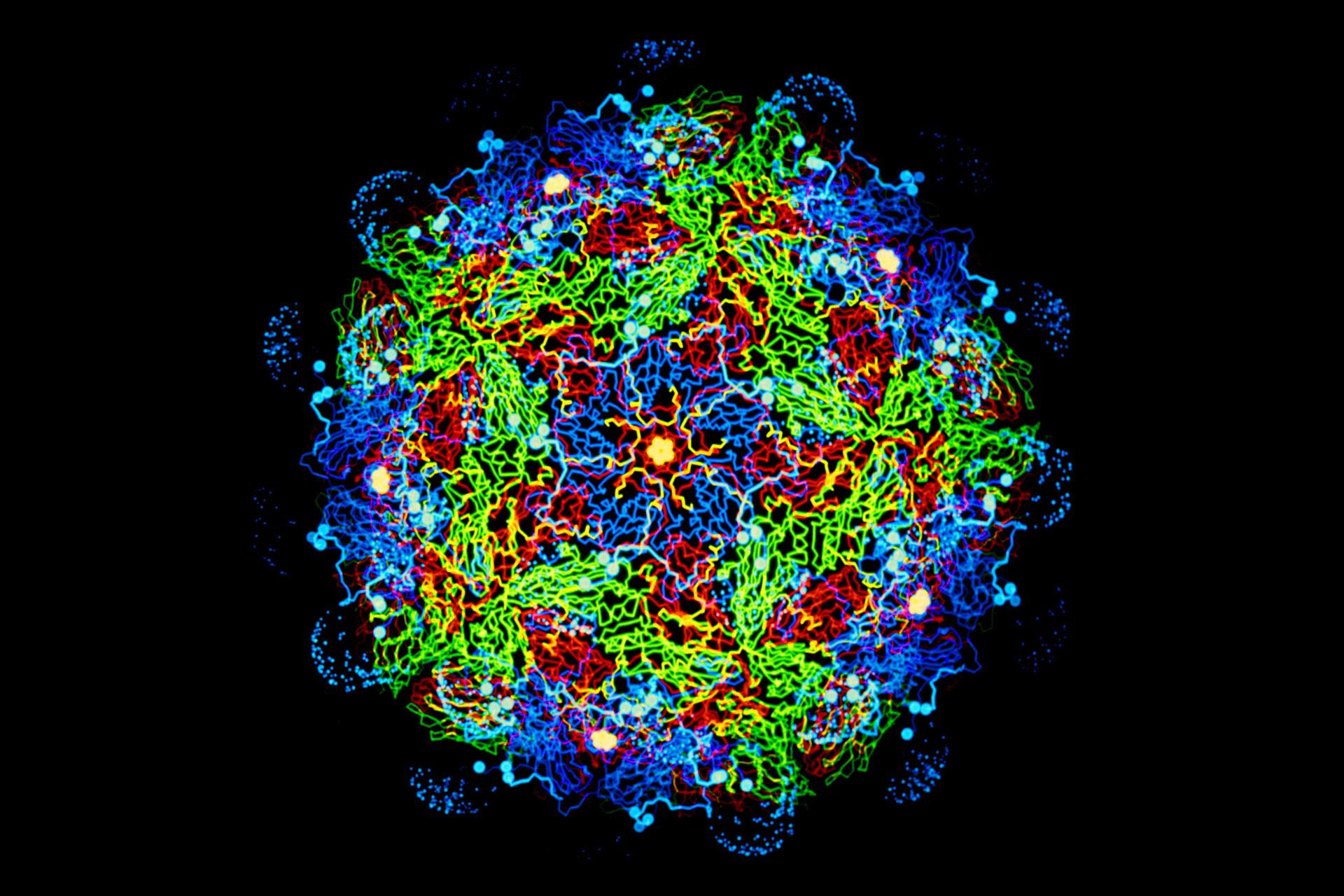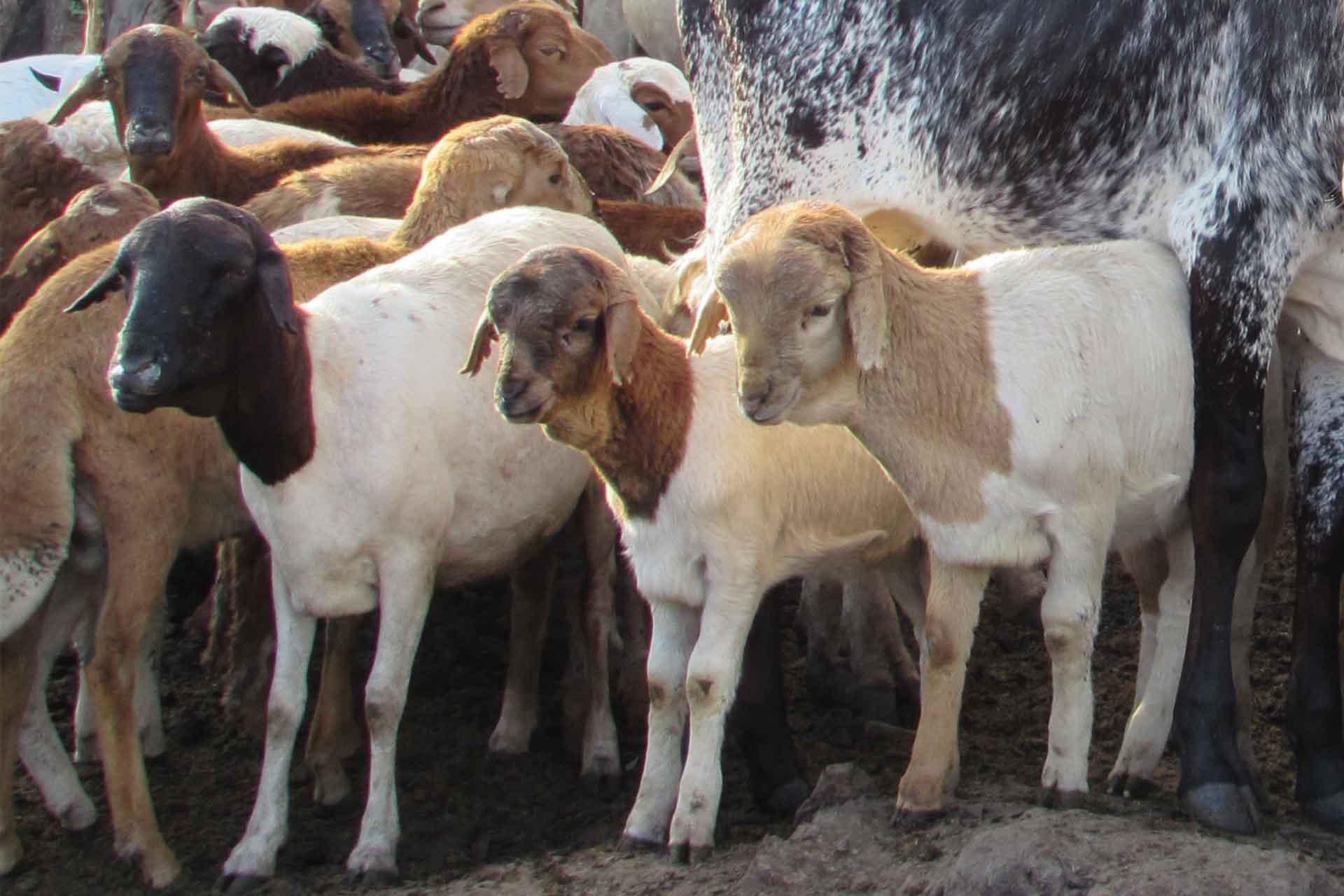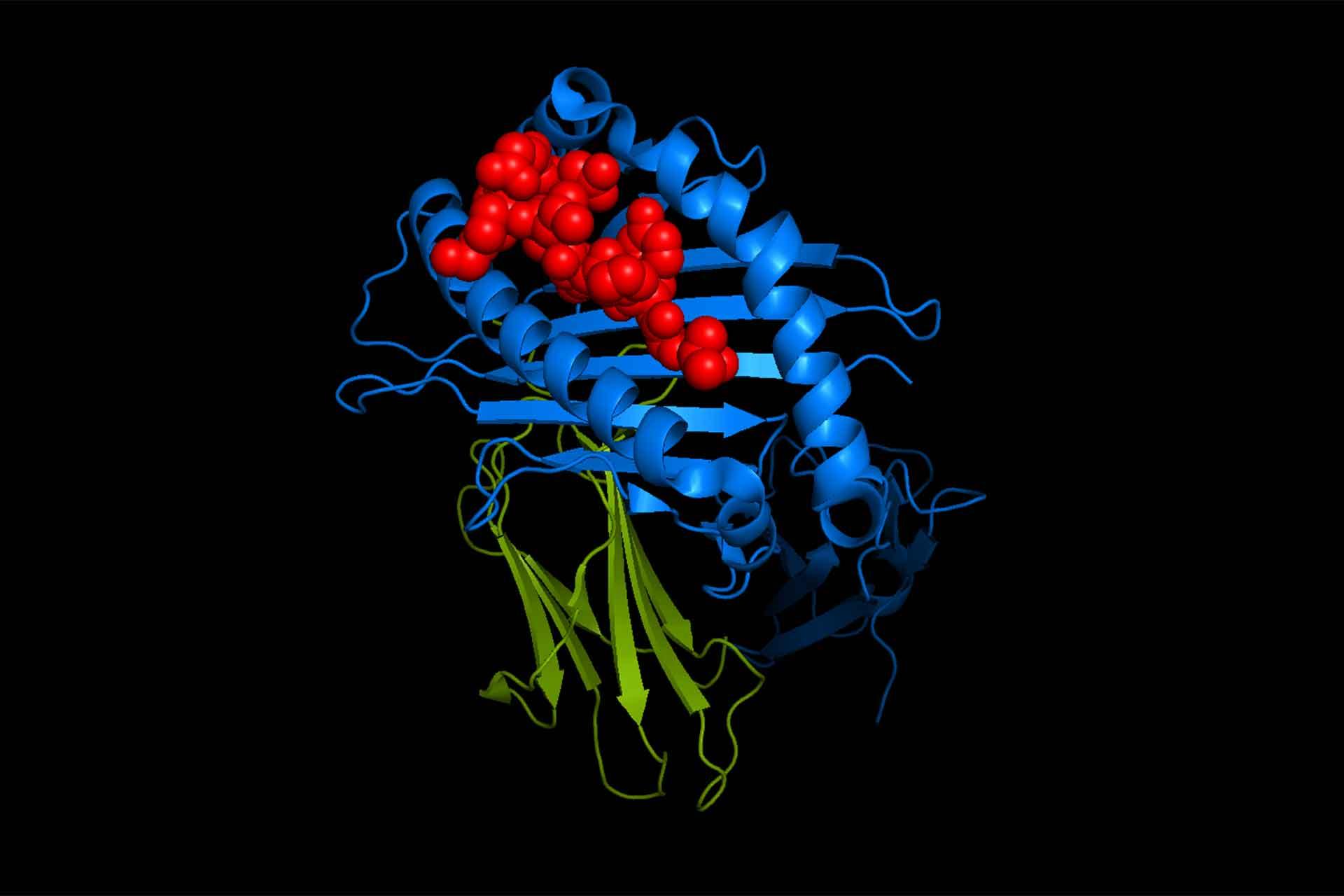
Prof John Hammond
John Hammond obtained his PhD in comparative immunology from the University of St Andrews before moving to Stanford University in 2003 to study the NK (natural killer immune cells) receptor evolution in mammals. In 2009 he moved to The Pirbright Institute with a Biotechnology and Biological Sciences Research Council (BBSRC) Institute fellowship to study NK cells in ruminants.
He now leads the Immunogenetics Group at the Institute studying the mechanisms and consequences of genetic variation on the mammalian immune system. The current focus is on the biology and evolution of immune cell receptors such as major histocompatibility (MHC) class I, NK cell receptors and immunoglobulins (antibodies) in livestock. As in humans all these molecules are highly diverse, but there are significant differences in how this diversity is generated and functions in ruminants.
The goal of this research is to determine the evolutionary history and functional significance of genetic diversity in current livestock breeds. This is underpinning the development of bespoke genotyping tools for the cattle breeding industry and leading to fine mapping the impact of variation on cellular immune function. As a consequence, differential immune responses during pathogen challenge can be traced back to genomic variation. A deeper understanding of this unique immune variation has the potential to improve disease resistance and vaccine efficacy in these key food producing animals.
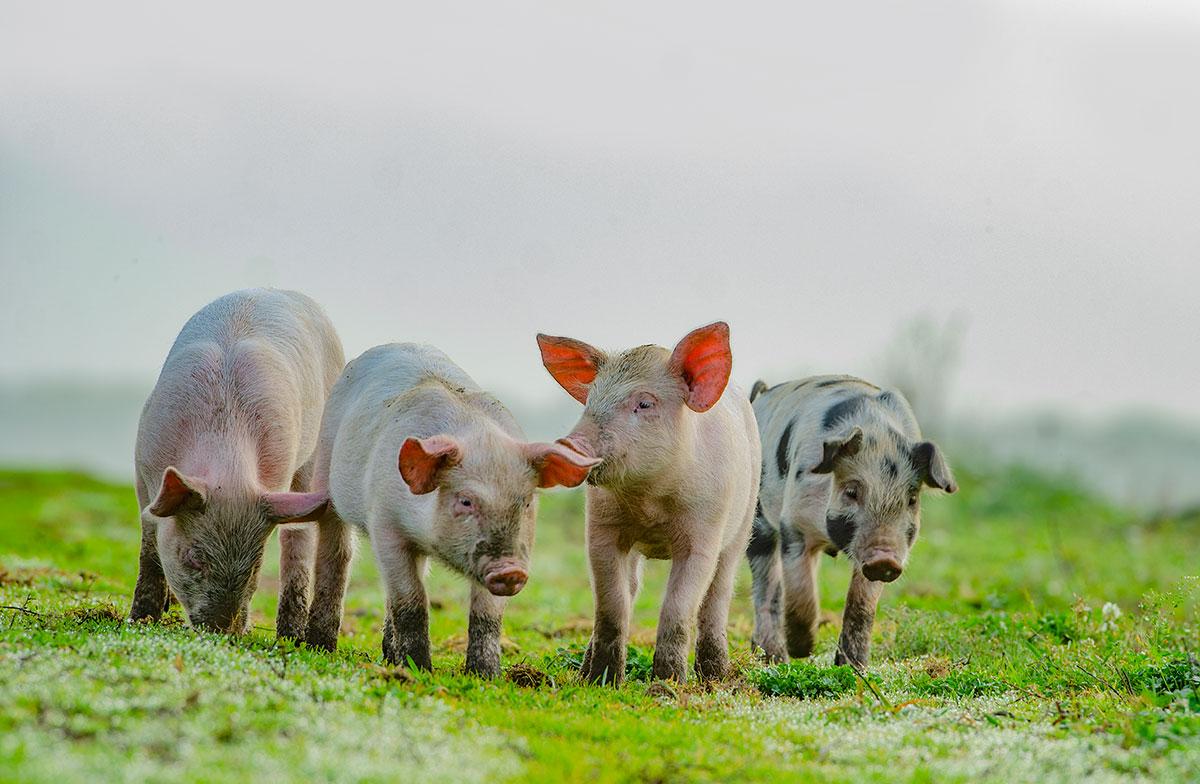
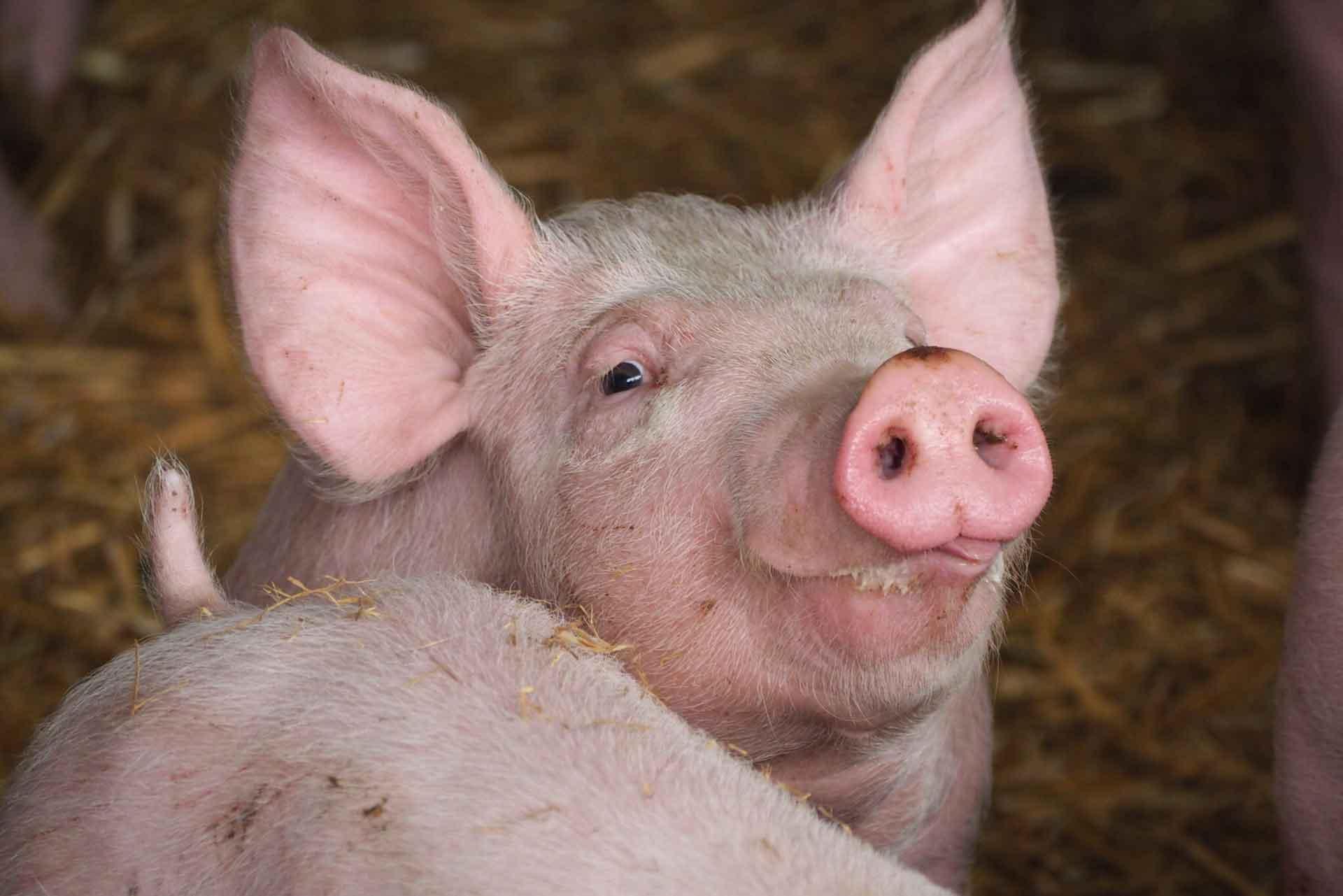
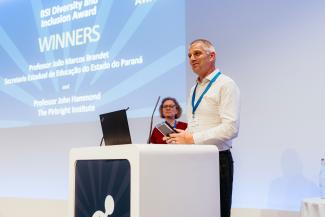
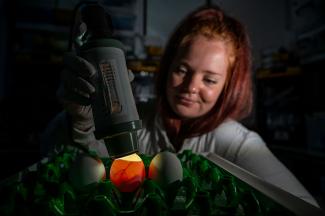
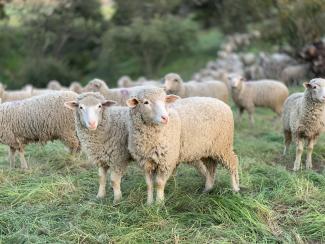
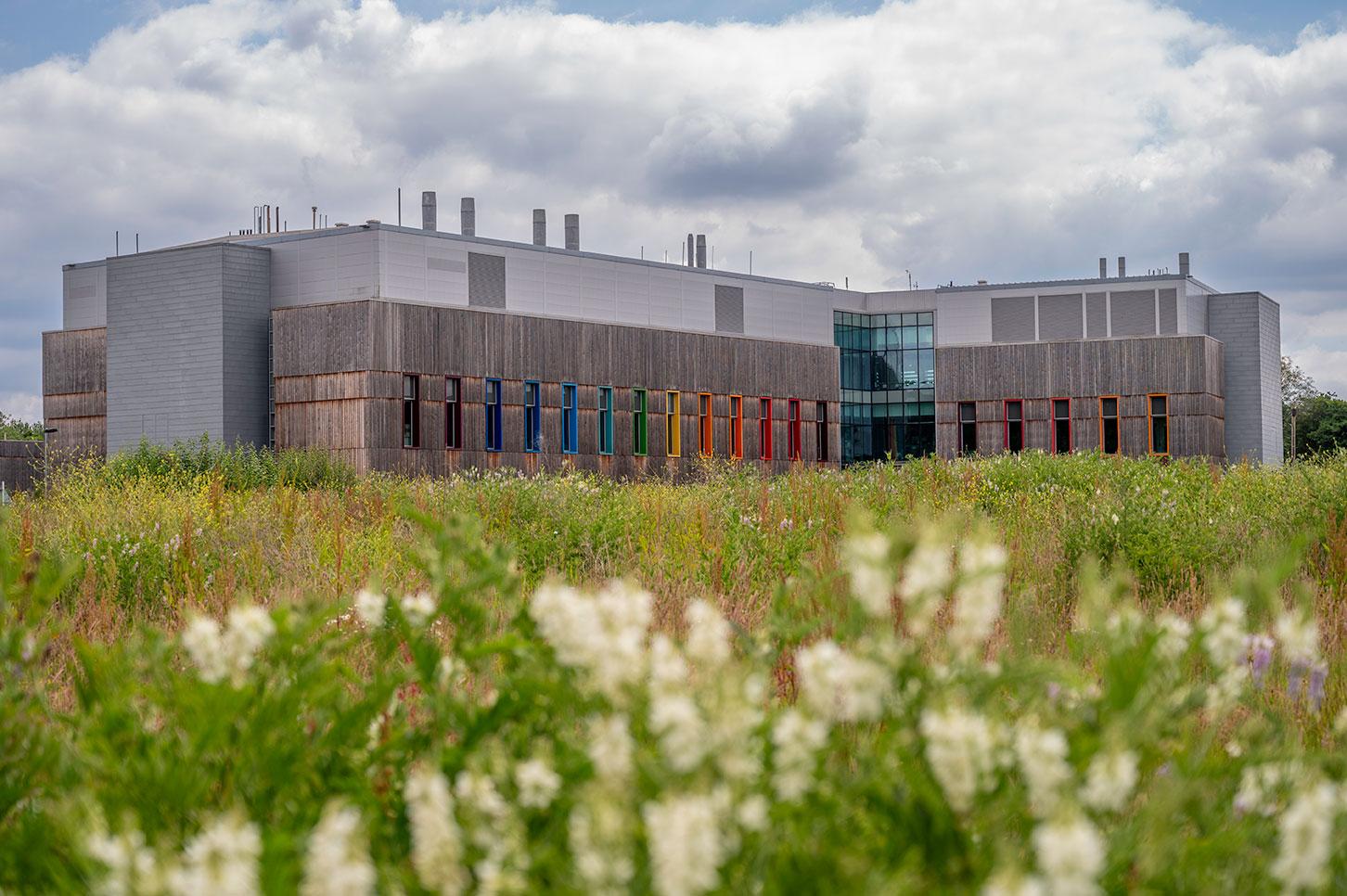
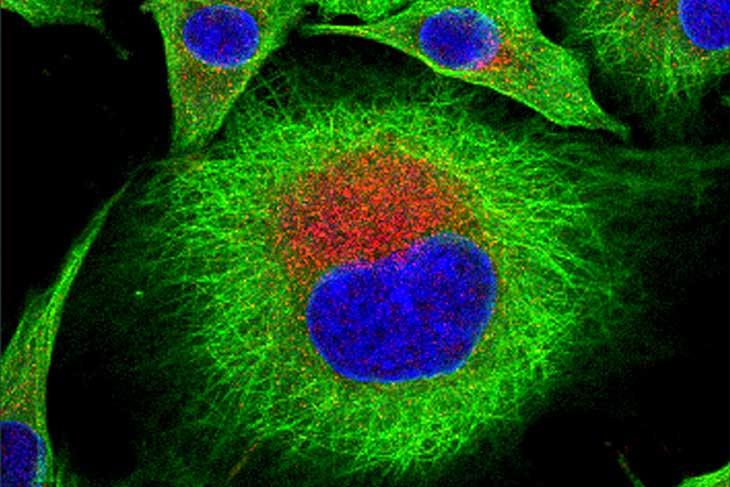
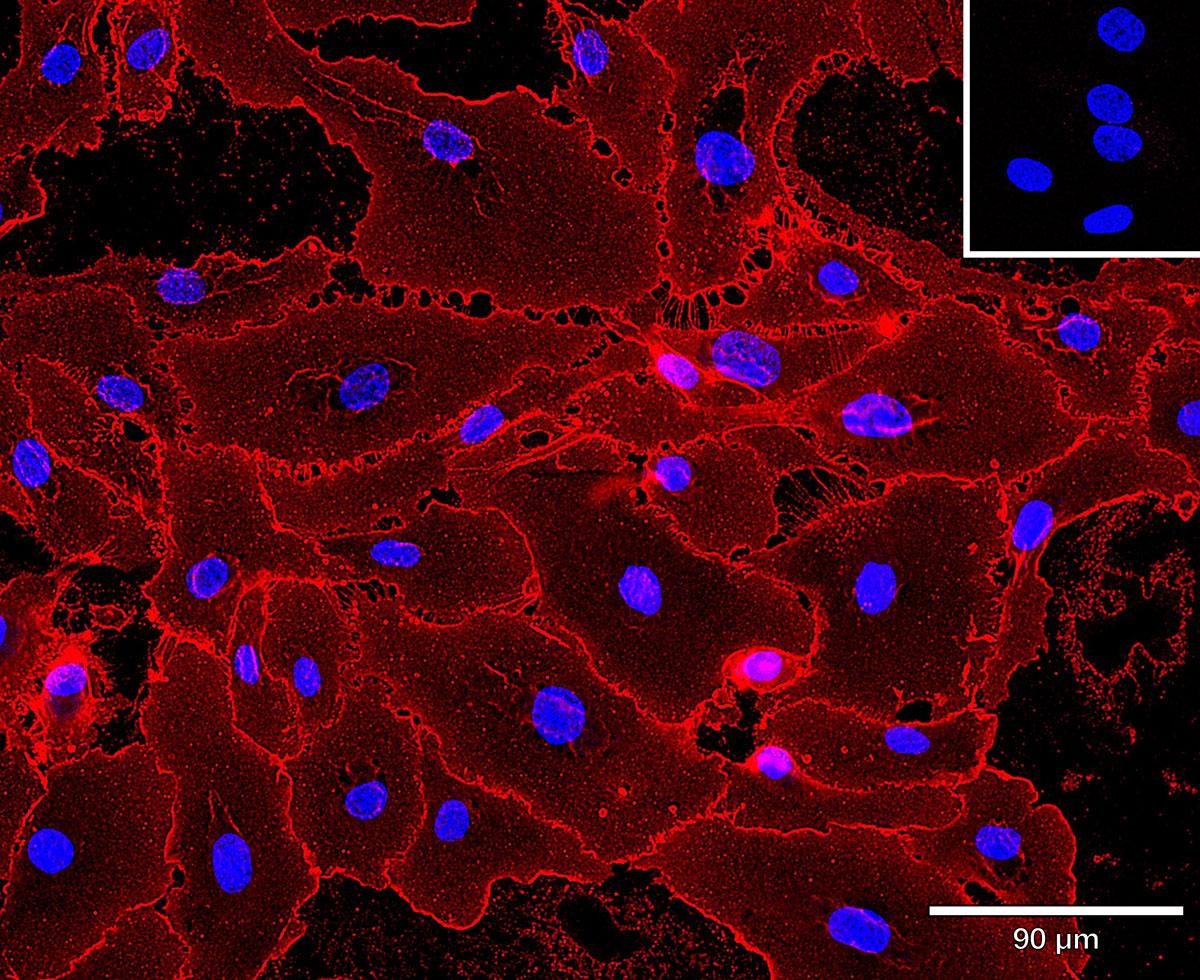
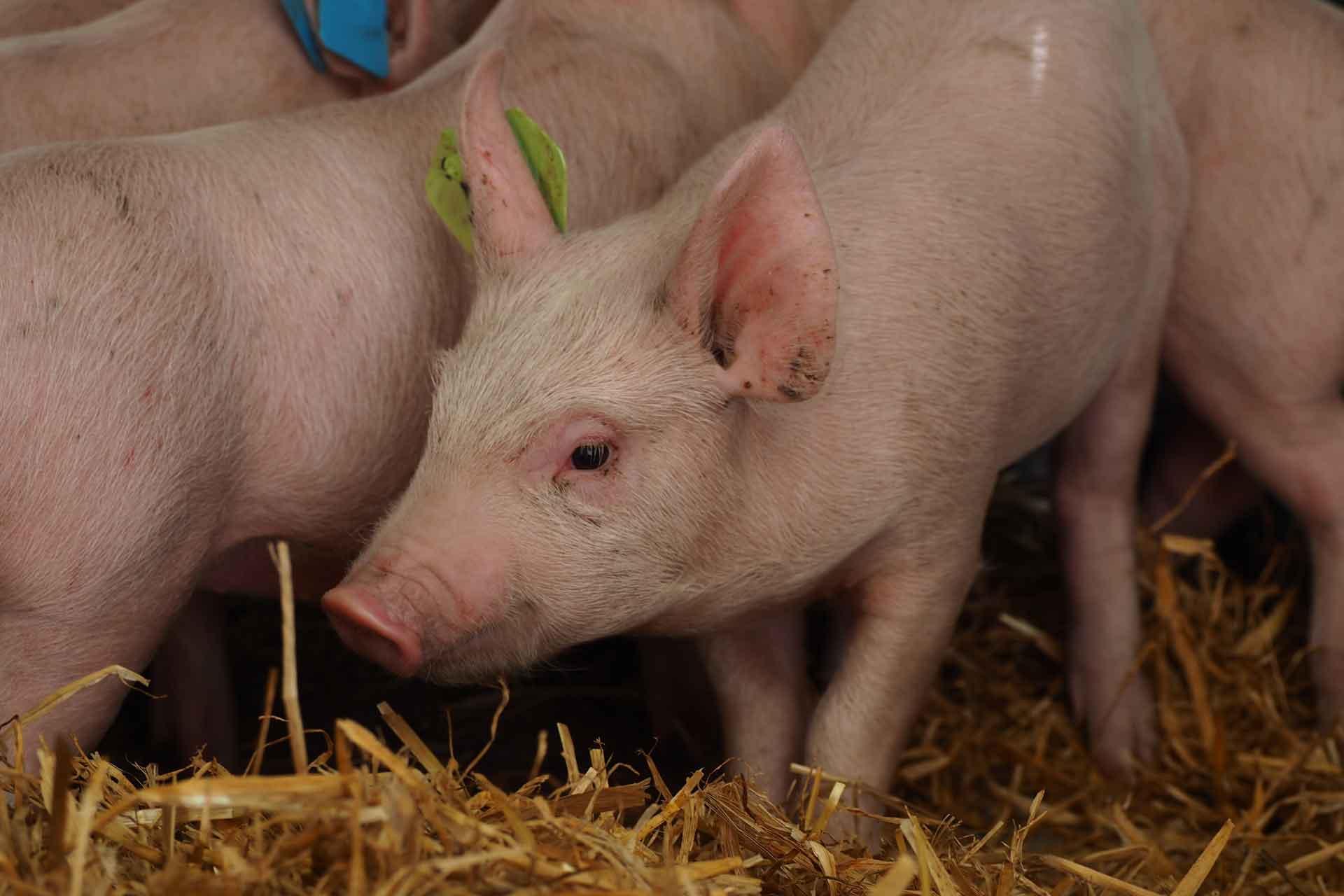
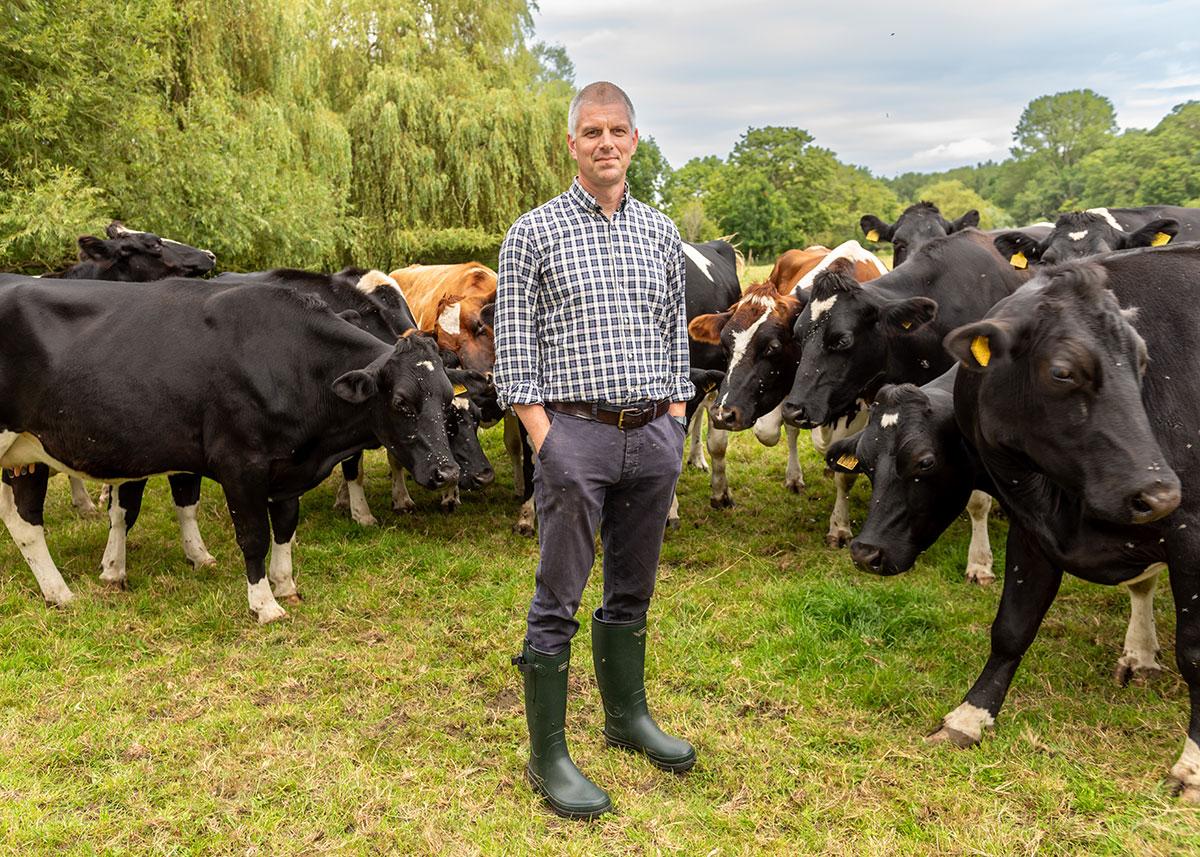
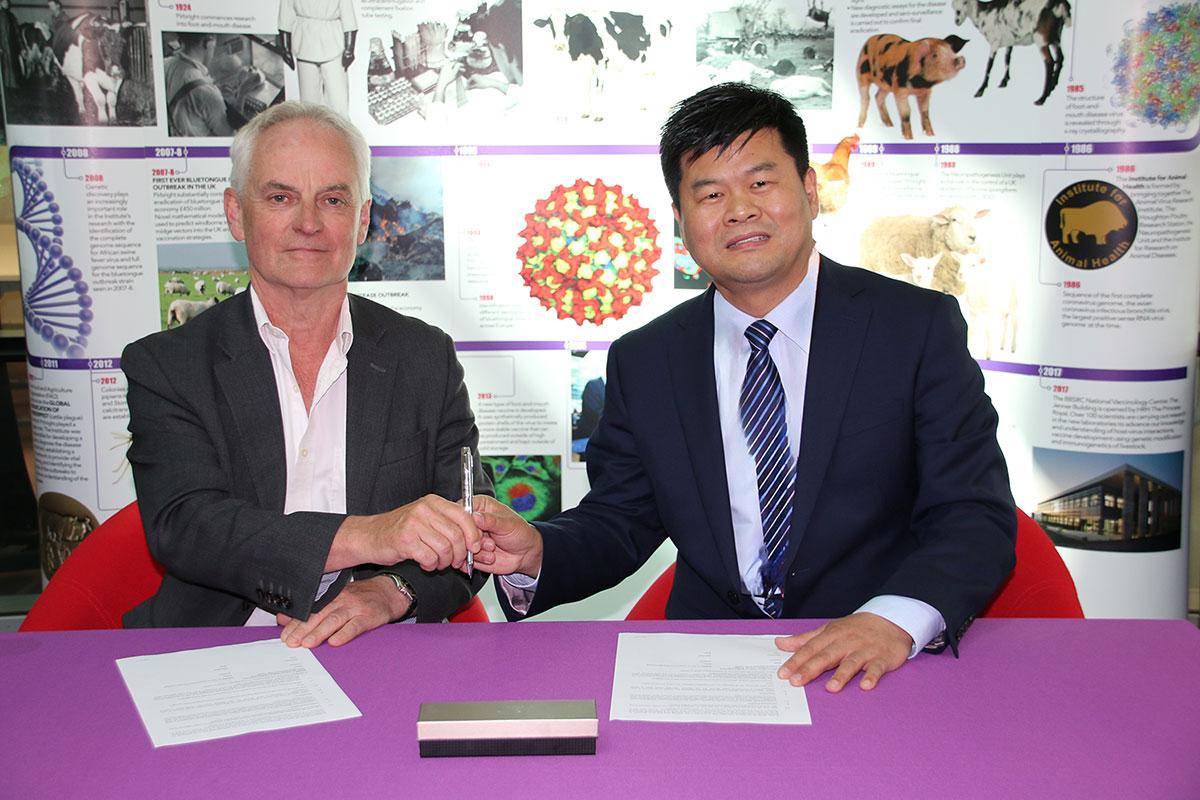
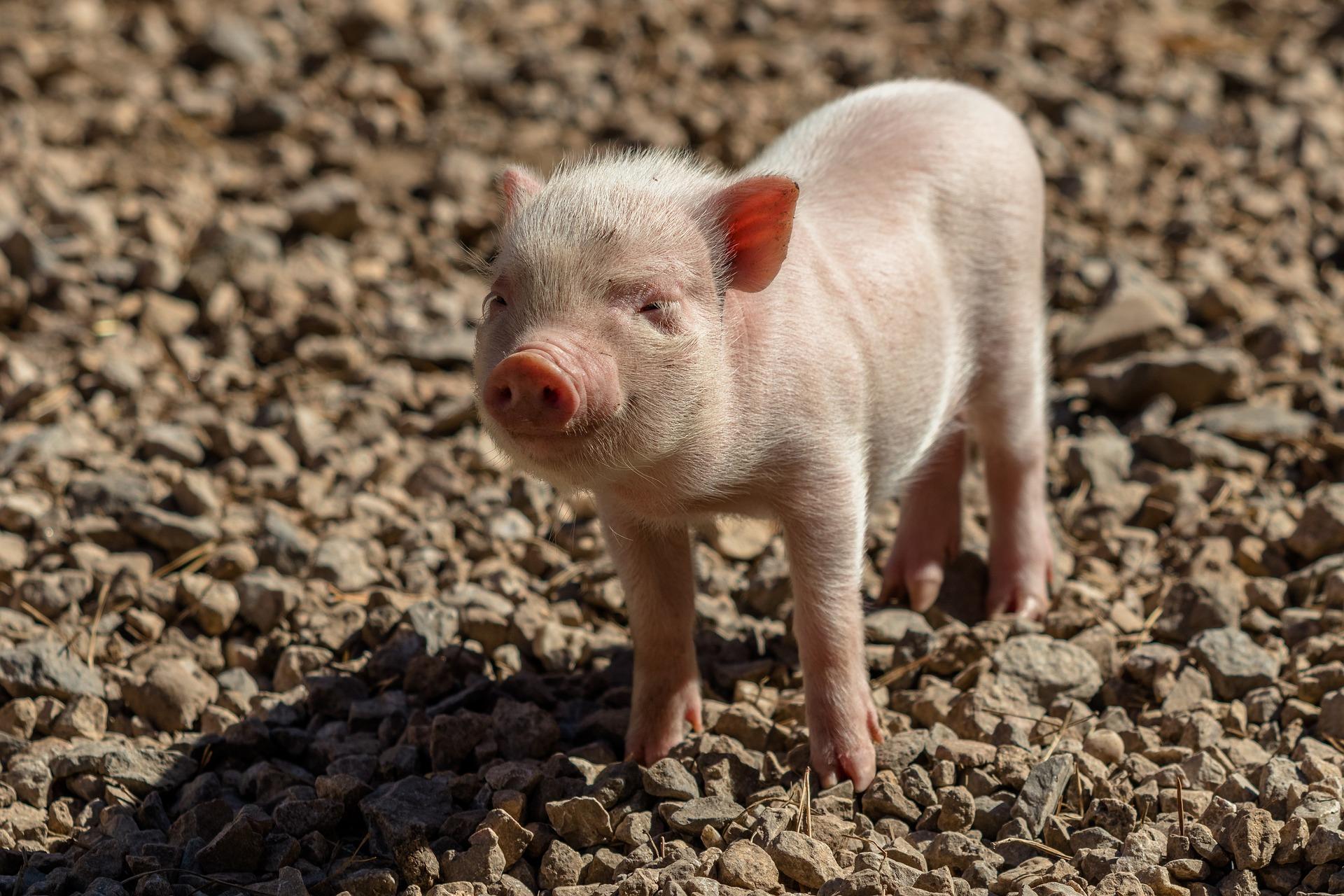
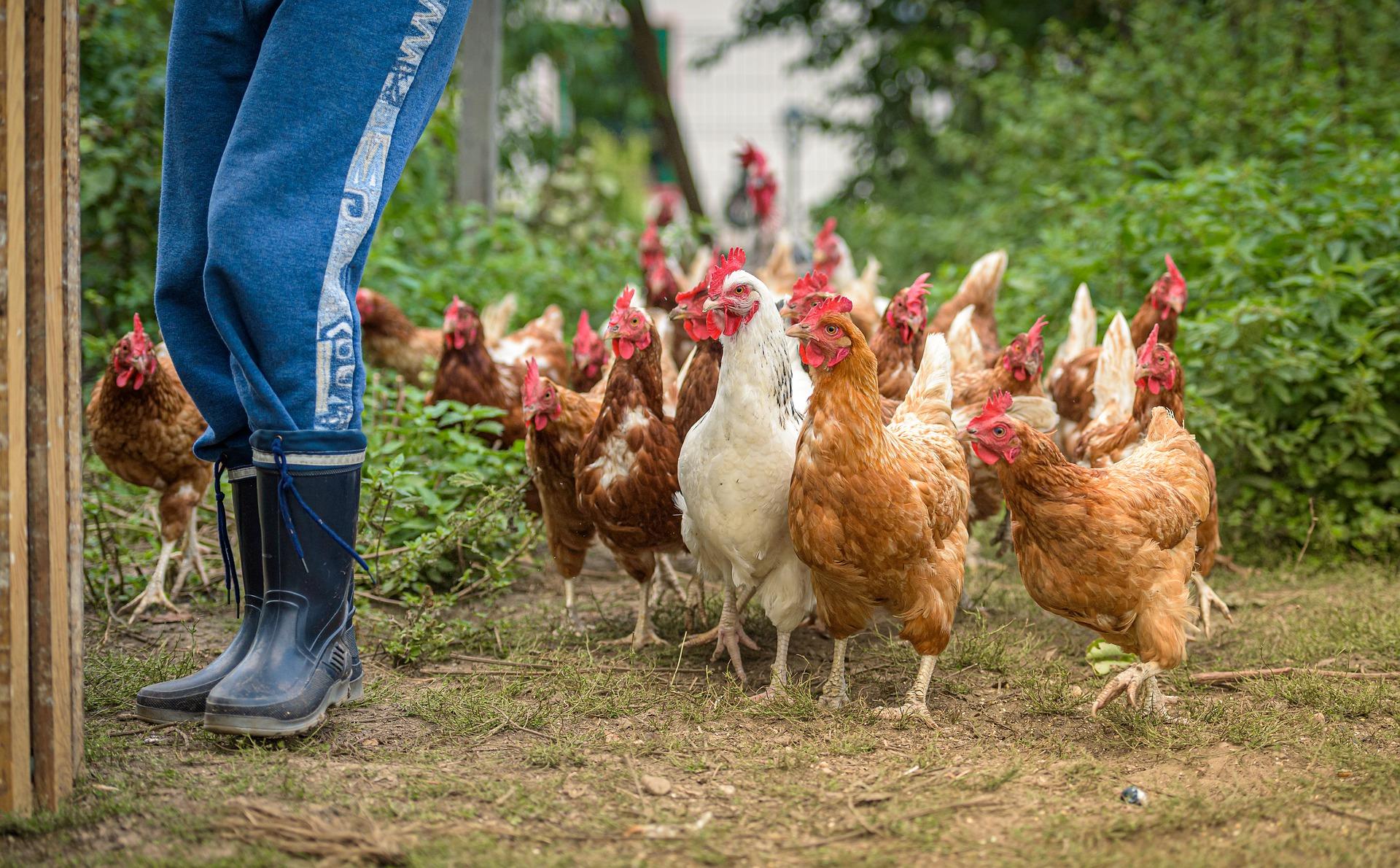
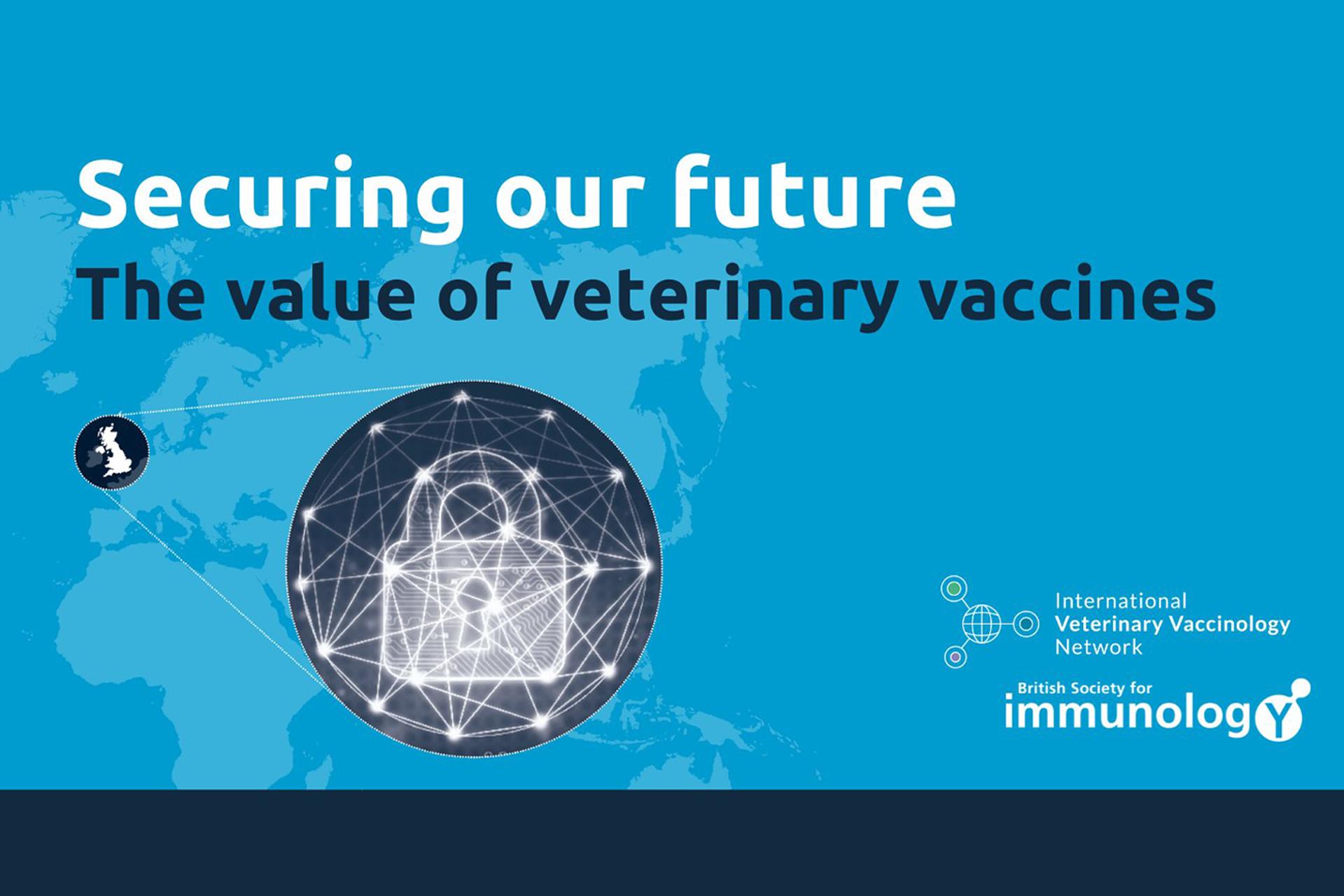
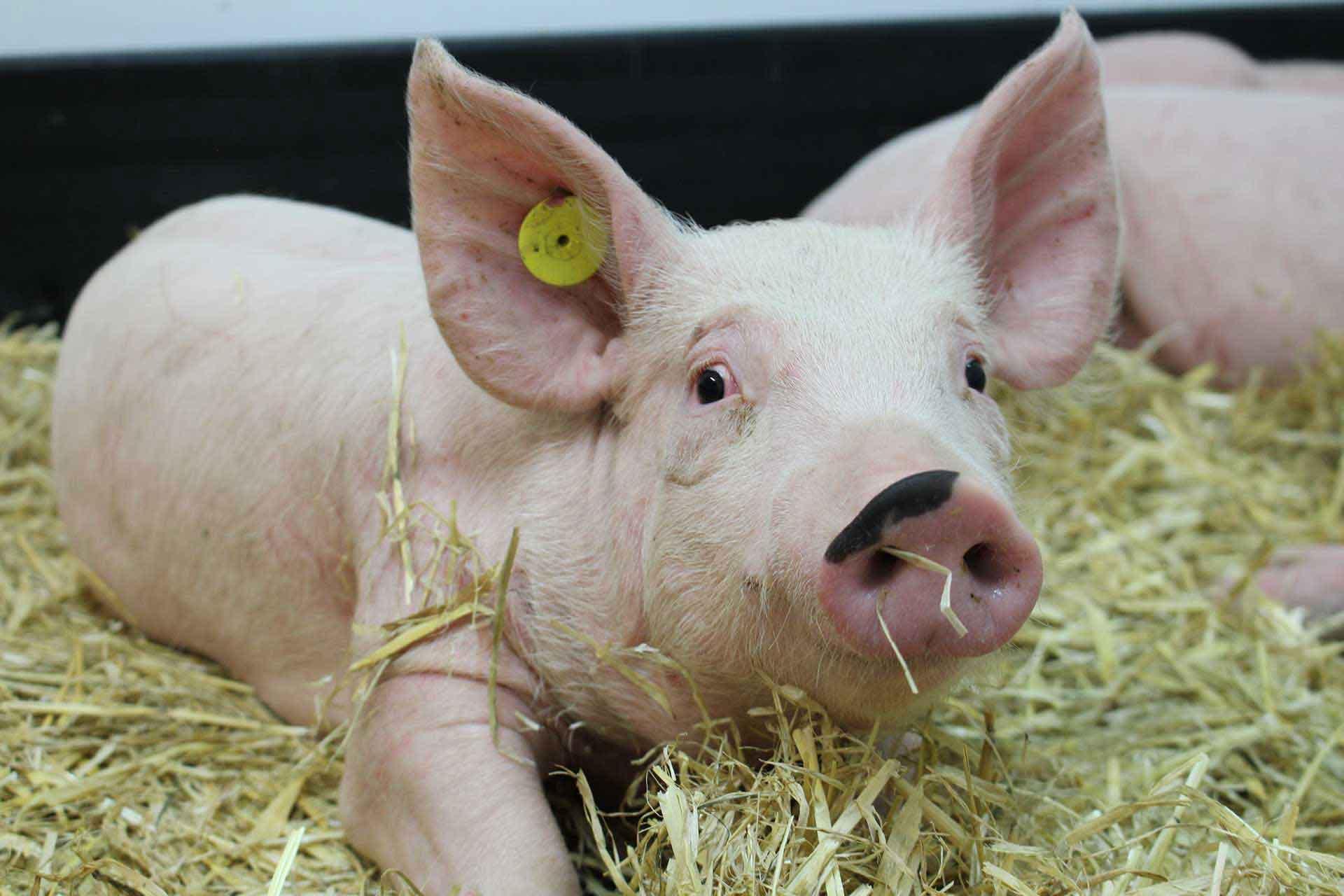
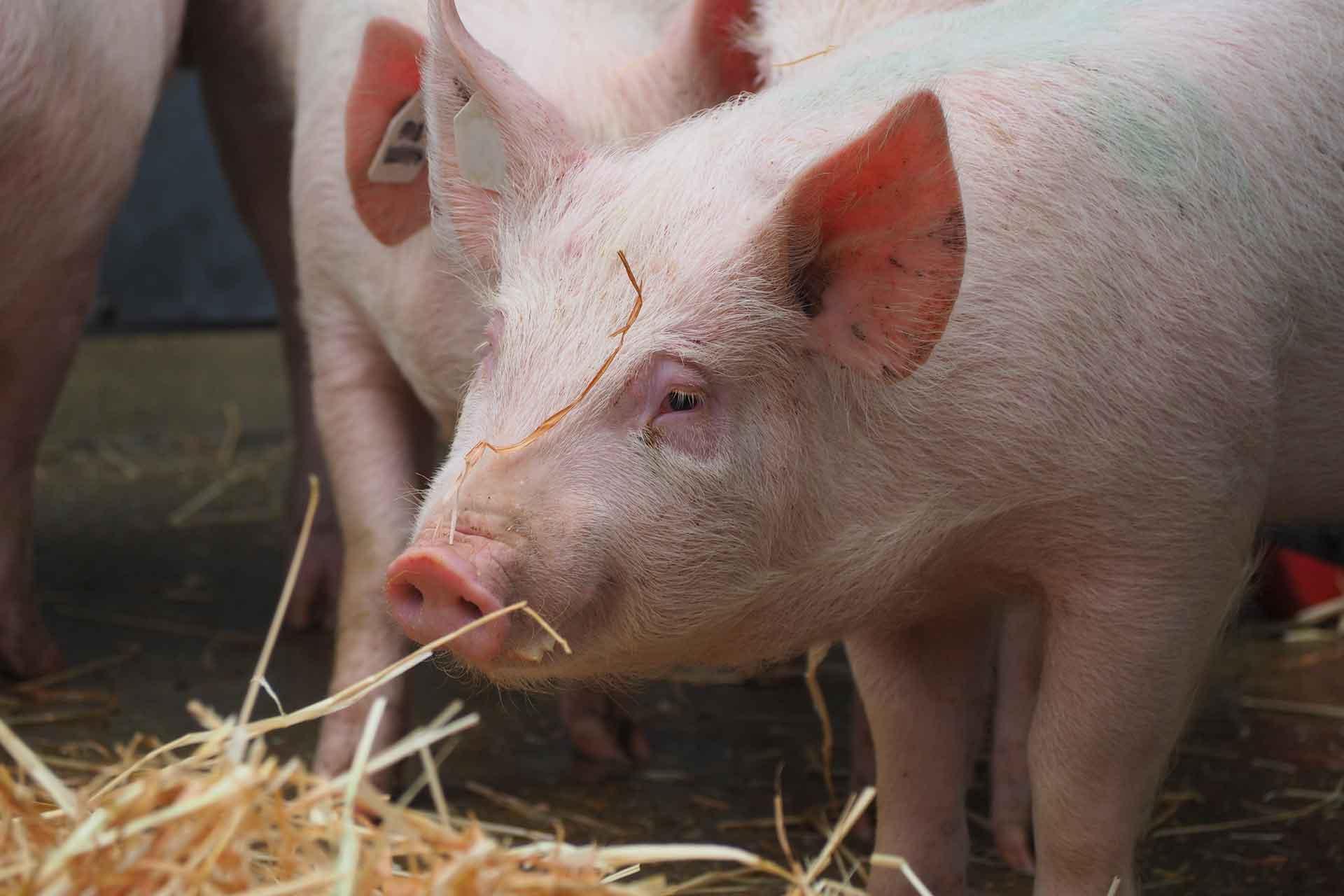
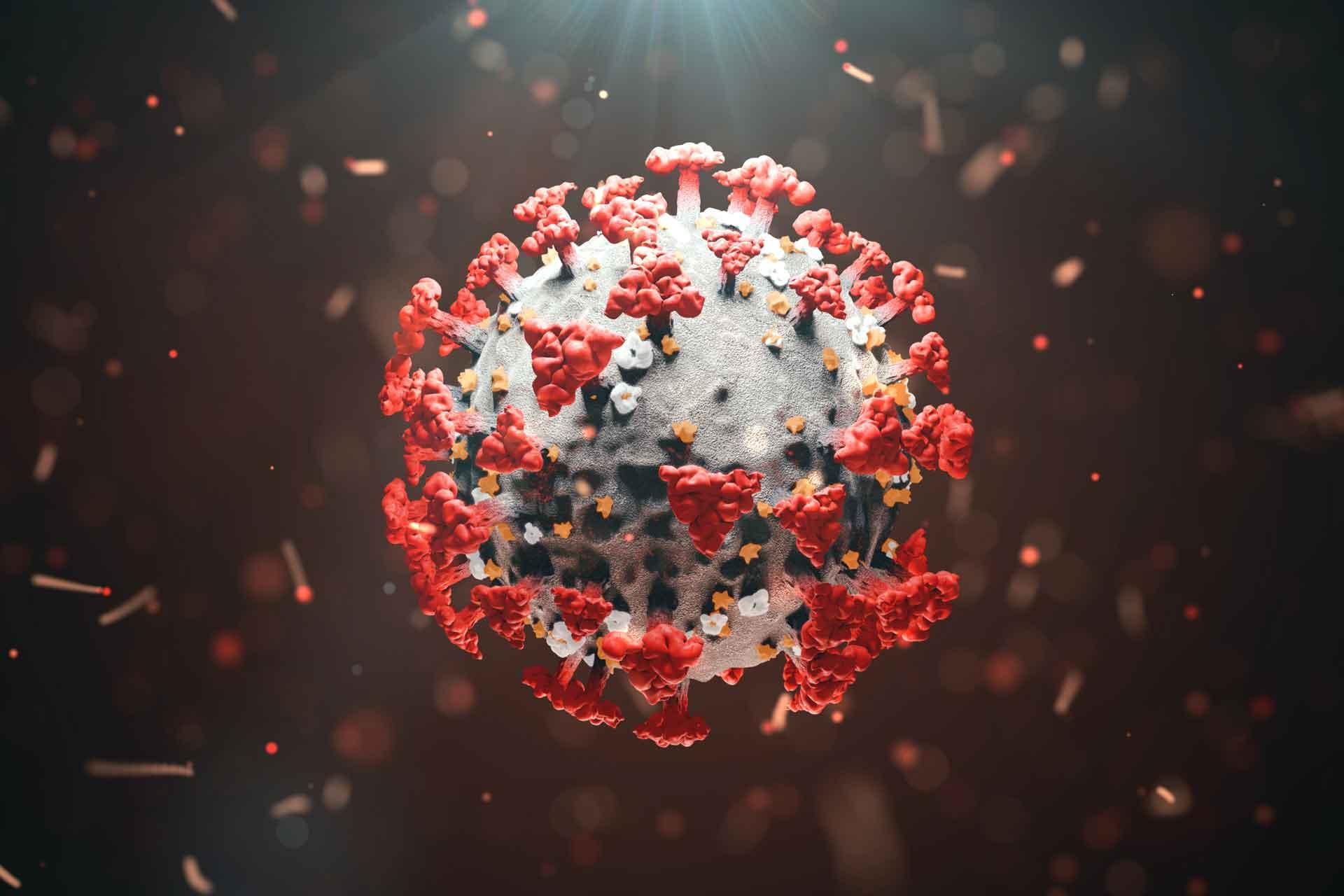
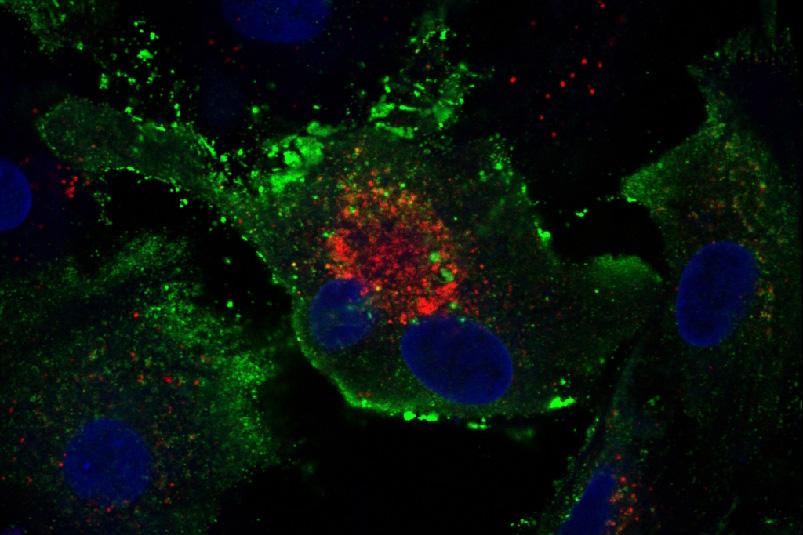
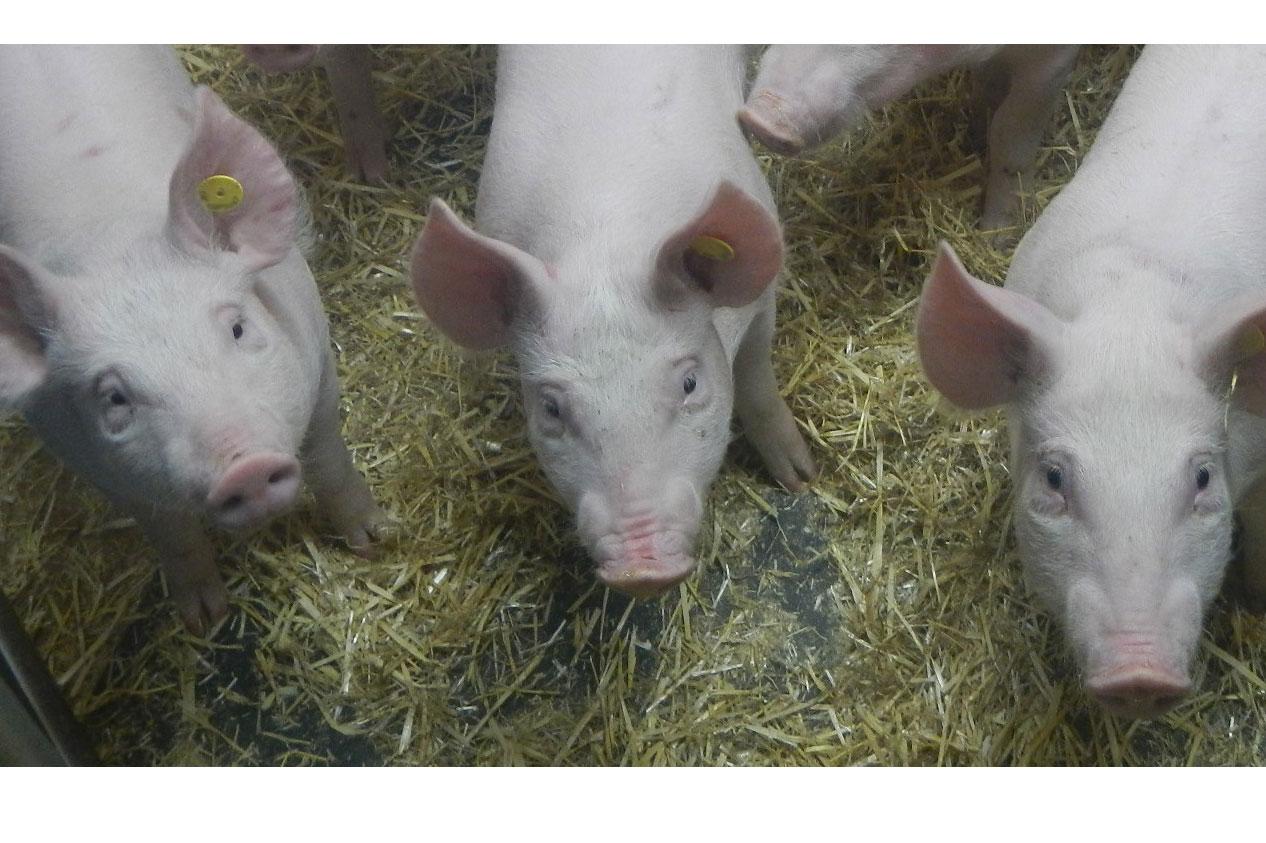
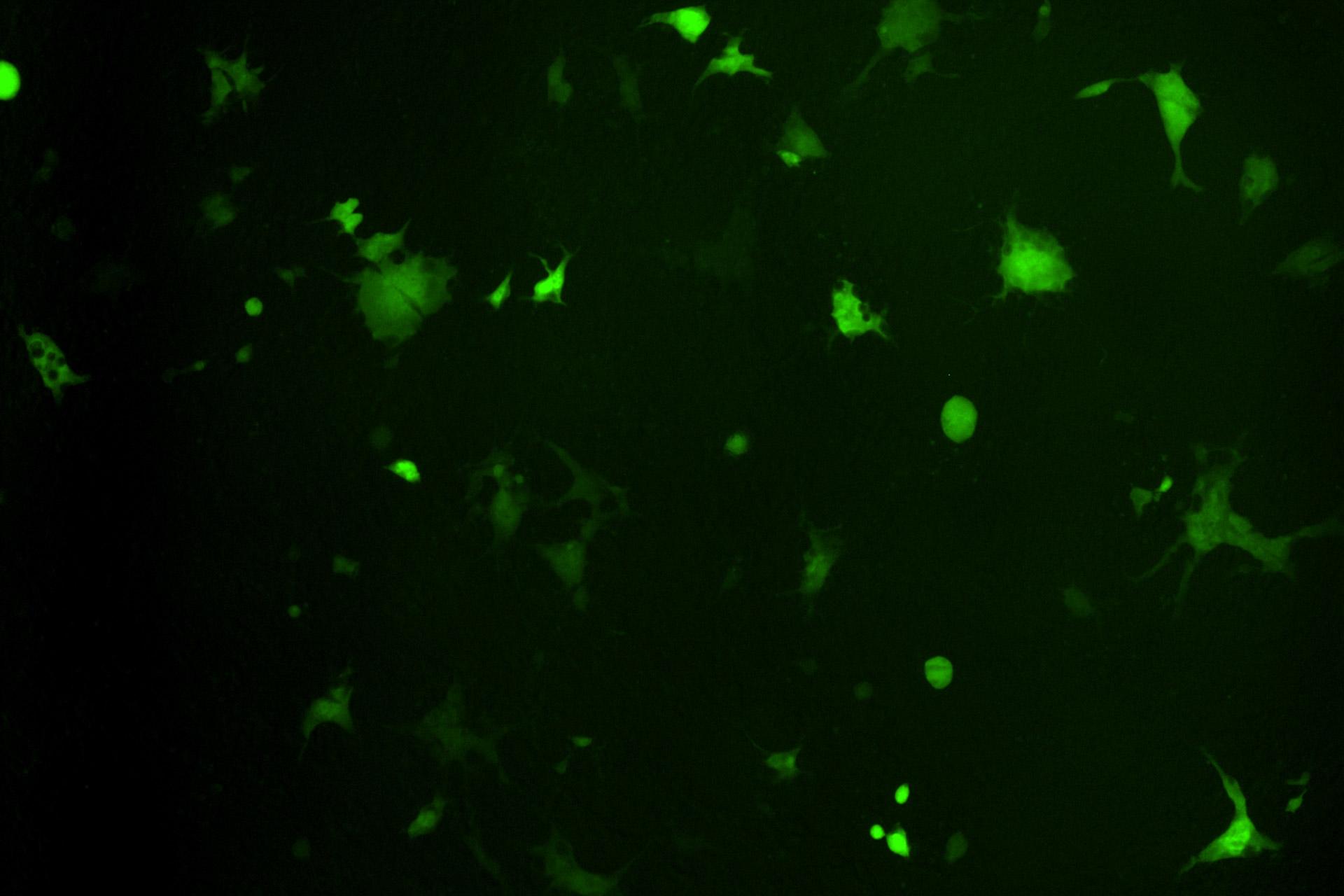
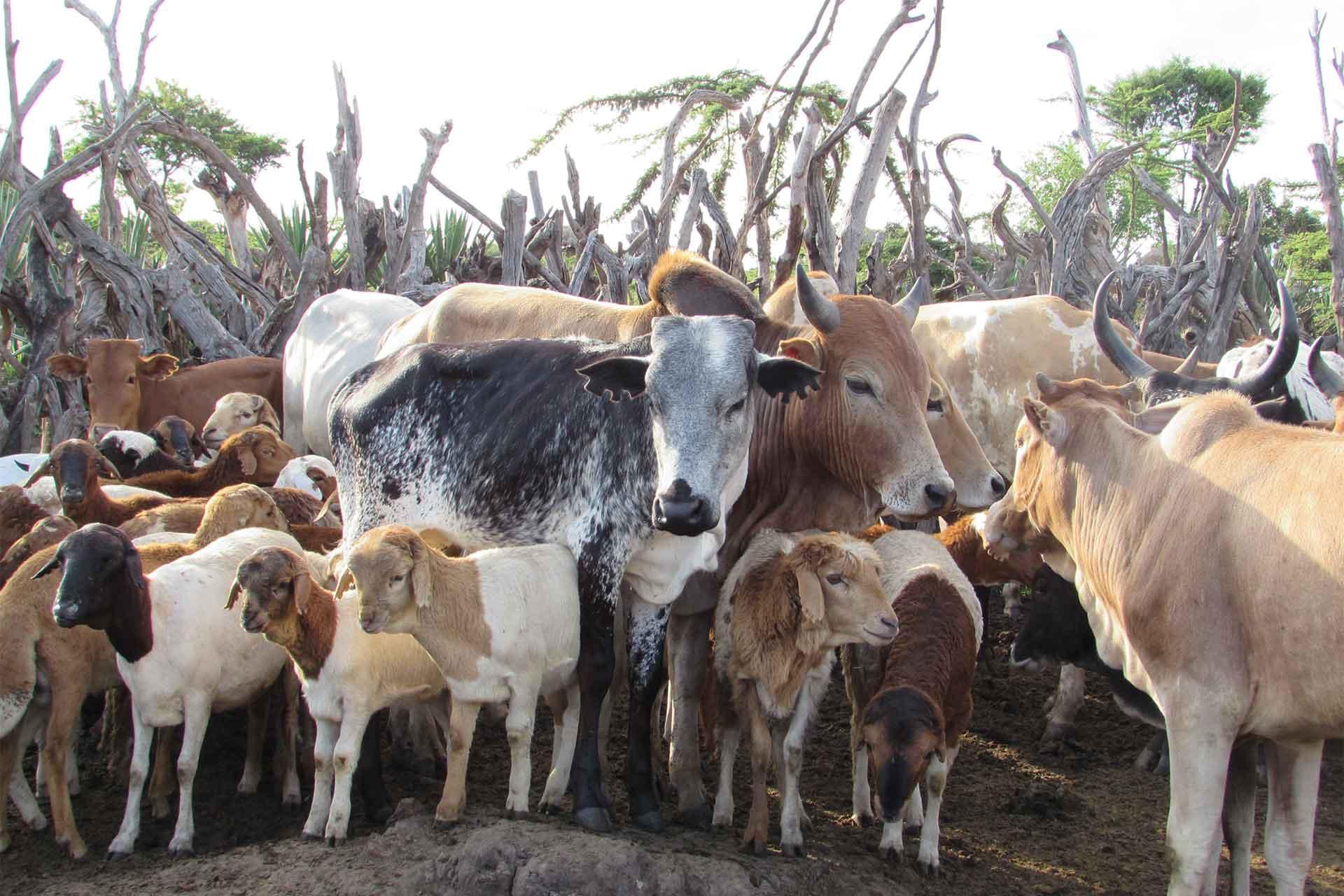
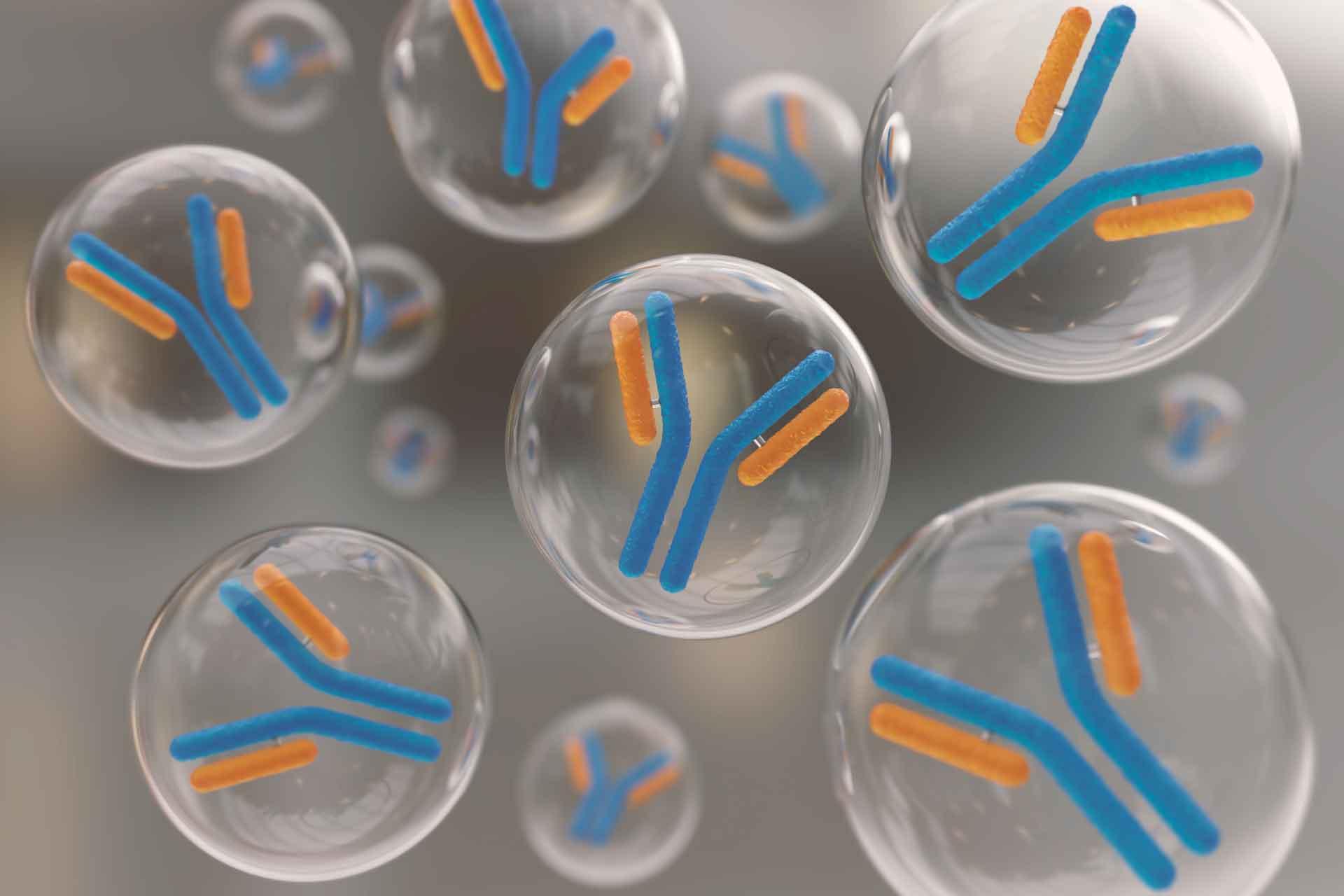
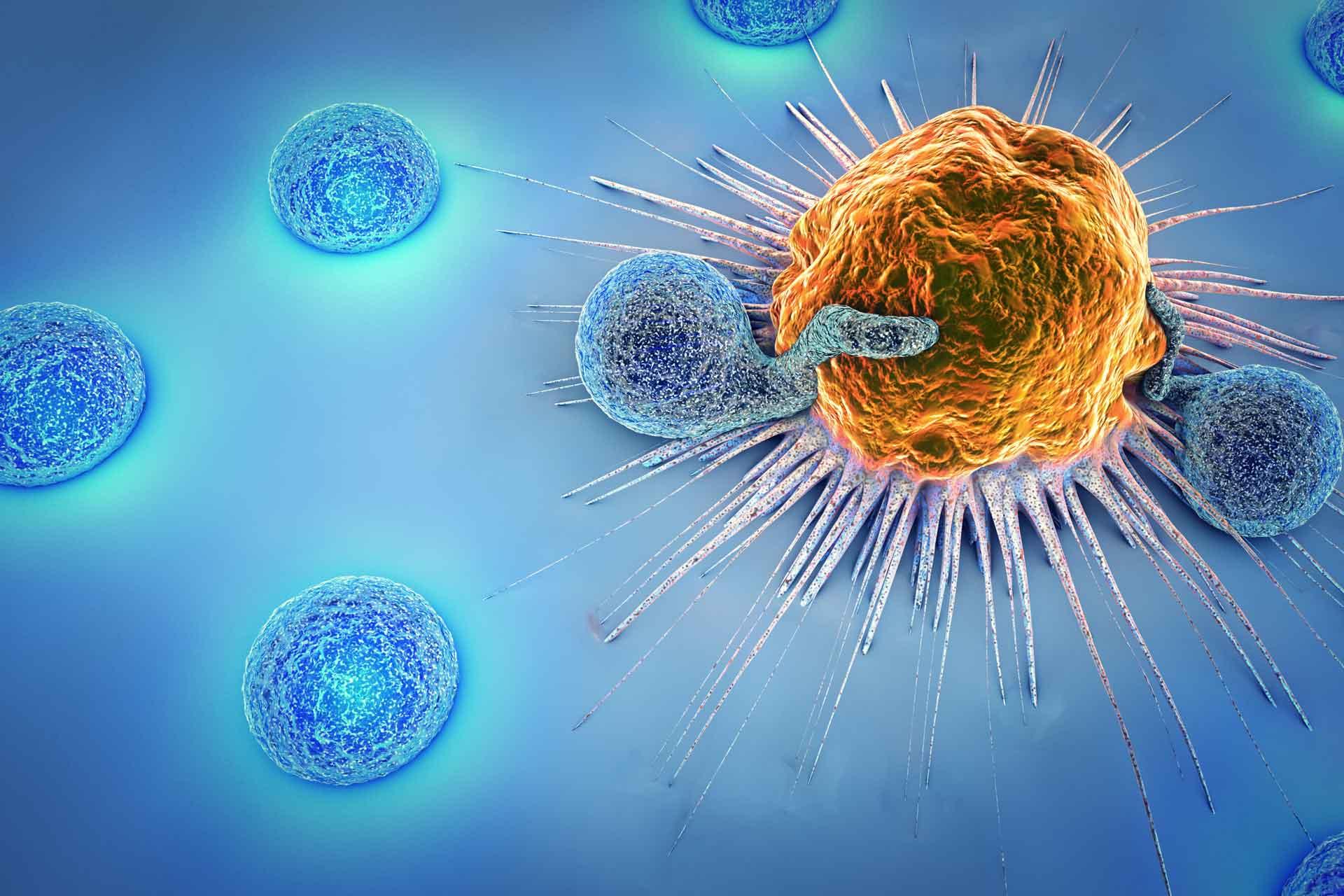
![Immunological toolbox logo and flyer Immunological toolbox logo and flyer, showing a colourised scanning electron micrograph of a B cell from a human donor [credit NIAID]](/sites/default/files/styles/max_325x325/public/quick_media/NS19041_immunologocial-toolbox-flyer-02.jpg?itok=I3EcwibP)
